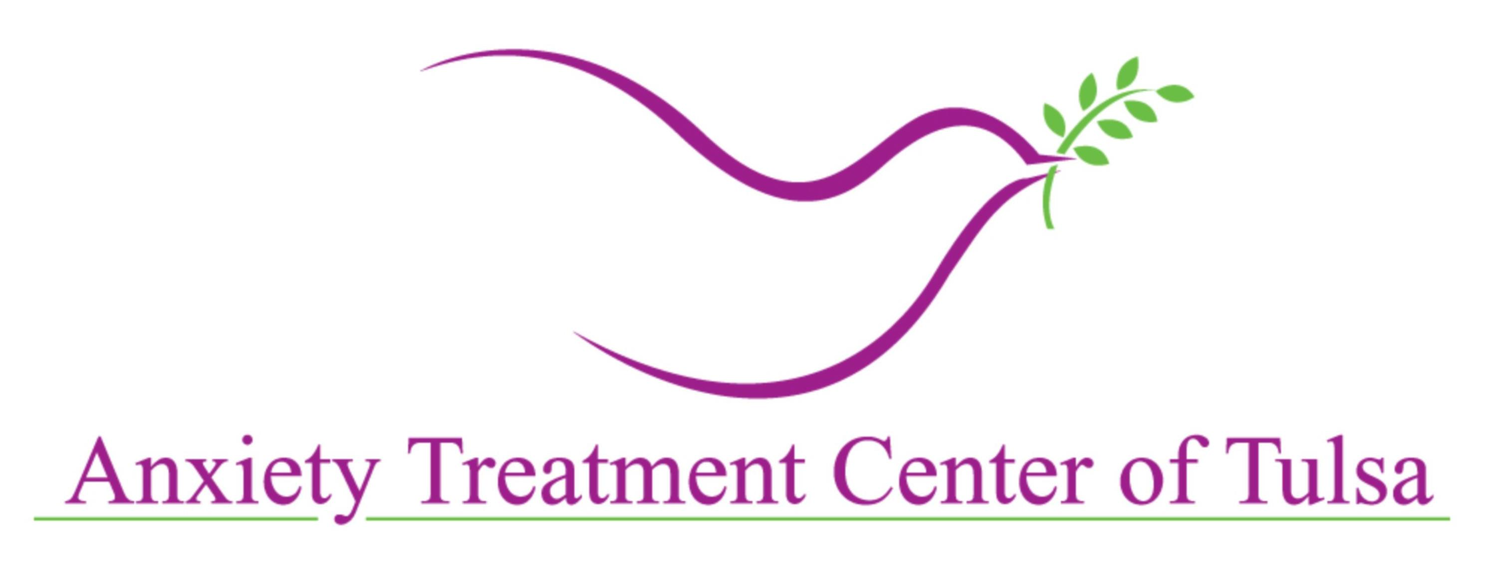Social Anxiety & Social Phobia
Do you, or does someone you love, find it anxiety-provoking to interact in social situations, fearing being judged or scrutinized, and feeling easily embarrassed? Many people with social anxiety find groups of people especially difficult, while others may be okay with groups but find interacting one-on-one to be very stressful.
A little bit of nervousness in social situations is quite common. But when the anxiety is strong, and it affects your ability to enjoy life the way you'd like to, you may be dealing with social phobia (social anxiety).
Here are some of the symptoms. And remember: As with any disorder, a person need not have all the symptoms in order to have social anxiety/social phobia.
Signs & Symptoms: Those with social anxiety tend to do several of the following:
Fear being judged, disapproved of, pitied, shunned, “left out,” or otherwise the focus of negative attention
Worry about humiliating themselves around others
Avoid common social situations, so they don't have to deal with the anxiety. Some of these common social situations are: Dating; work; school or college; using public bathrooms; eating with others; going to parties; walking into a classroom, dining room, etc., where everyone is already sitting down; returning something to a store; starting a conversation, especially with strangers, etc.
Frequently feel self-conscious or embarrassed in front of others
Worried that others will notice their anxiety in social situations
Work hard to avoid becoming the center of attention
Worry for day, weeks, or more, about an upcoming social event they will be attending
Feel isolated
Have difficulty making and keeping friends
Sweat, blush, and have other symptoms of discomfort in social situations
Feel a strong urge to escape, if in a social situation
Have gastrointestinal problems (nausea, stomach ache, etc.) or other physical symptoms, before, during, or after social events
Think about a social situation after it happened, and criticize themselves
Magnify in their own minds any small negatives that happen in social situations
Dizziness or lightheadedness in social situations
Feel detached or “unreal” in social situations
Other physical symptoms in social situations: muscle tension, shortness of breath, fast heartbeat, etc.
When we avoid what makes us anxious, we risk making our life small and limited. People with social anxiety will often reach the point where they realize that avoiding social situations, even if it prevents some anxiety in the short-term, is limiting them, and preventing them from enjoying their best life.
If you would like to start working on overcoming social anxiety/social phobia, please call Michael Posner, MSW, LCSW at (918) 830-3750.
